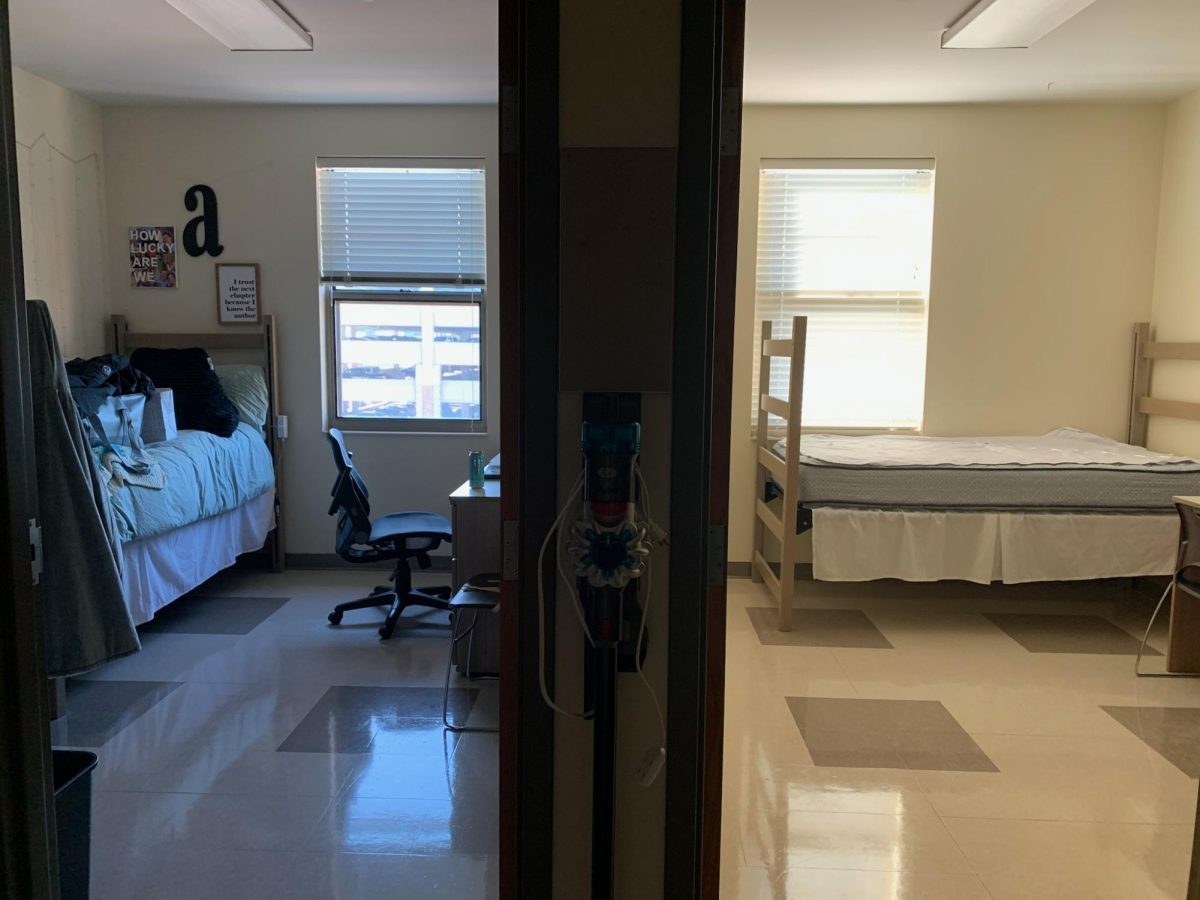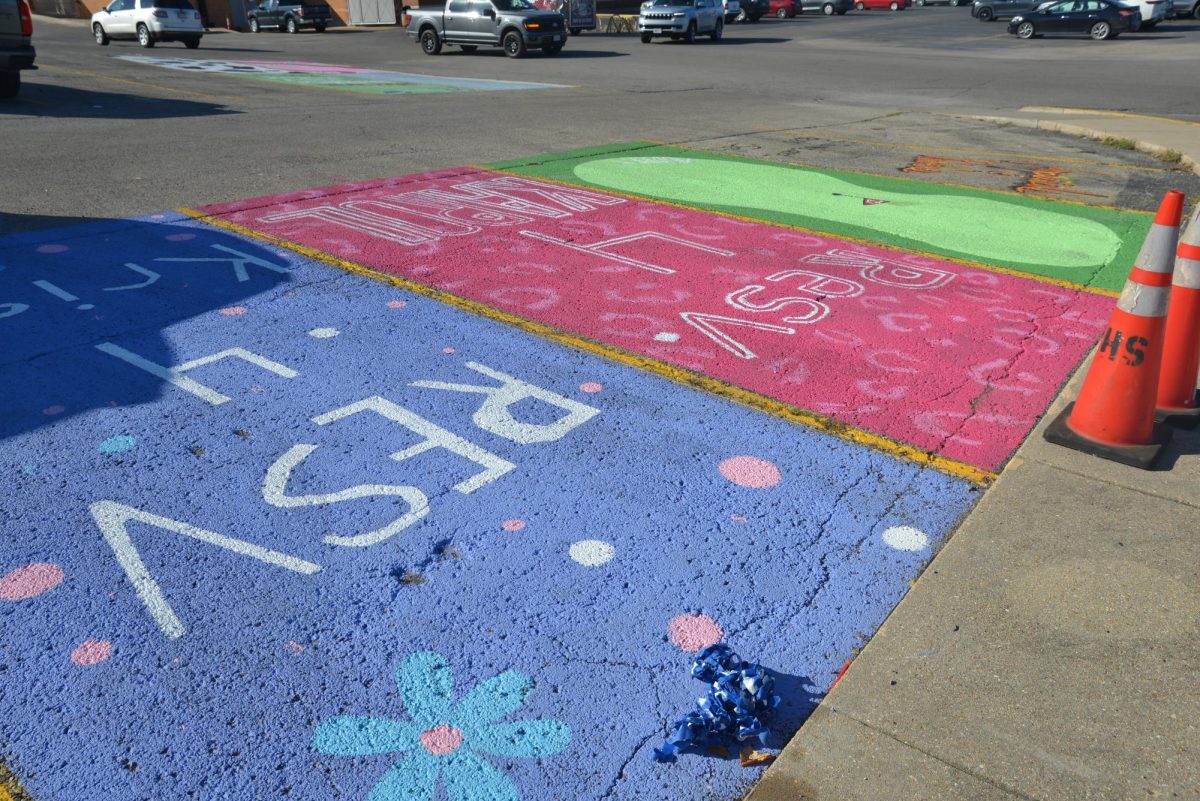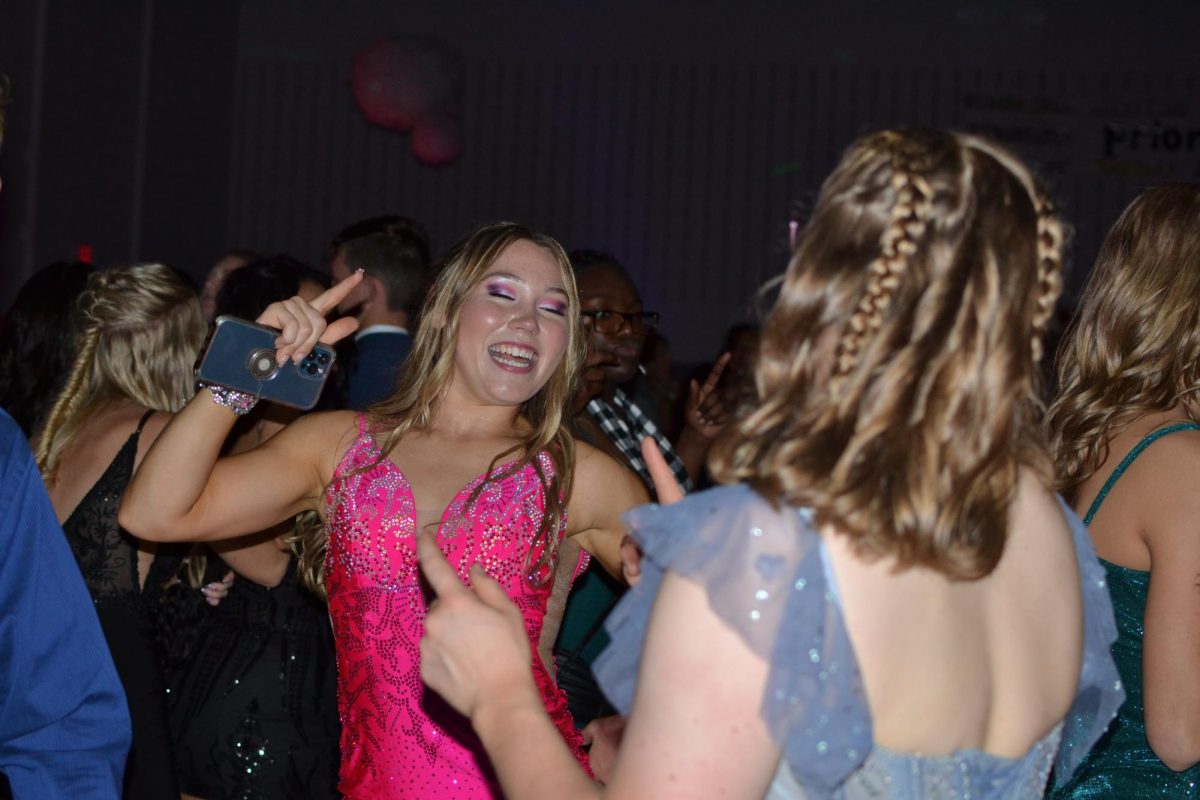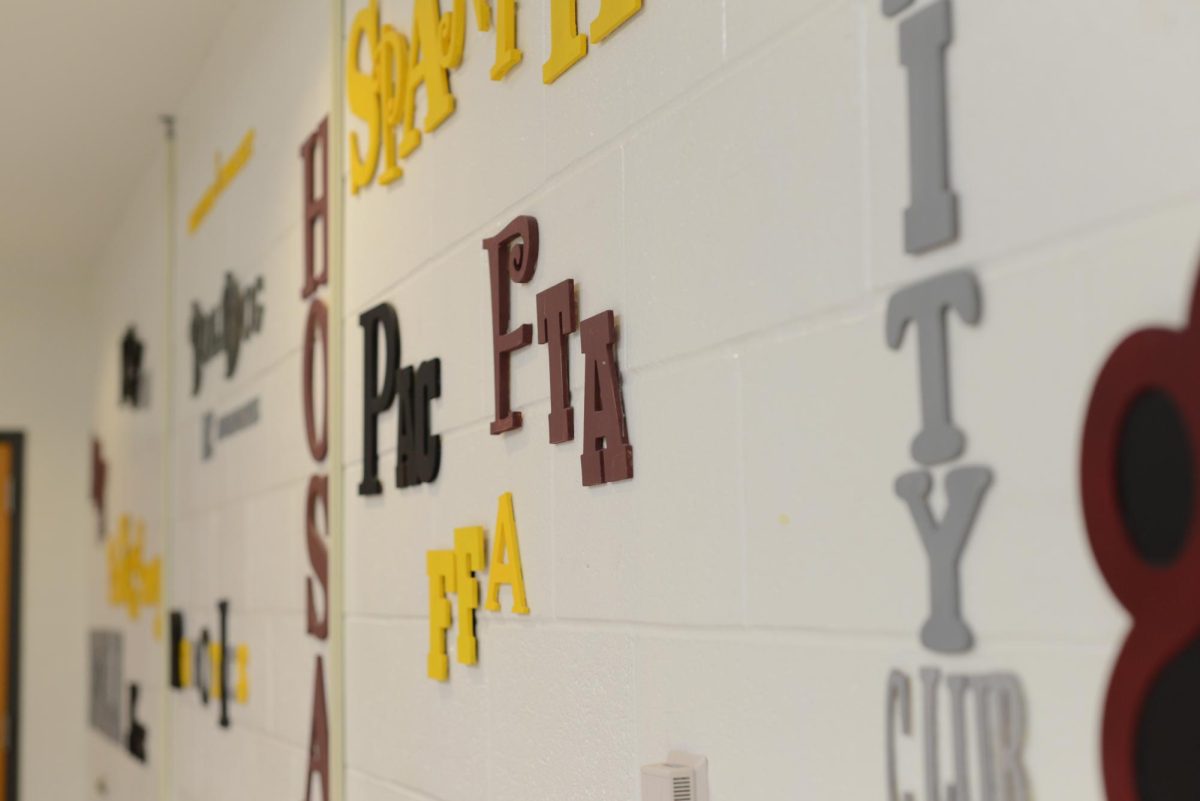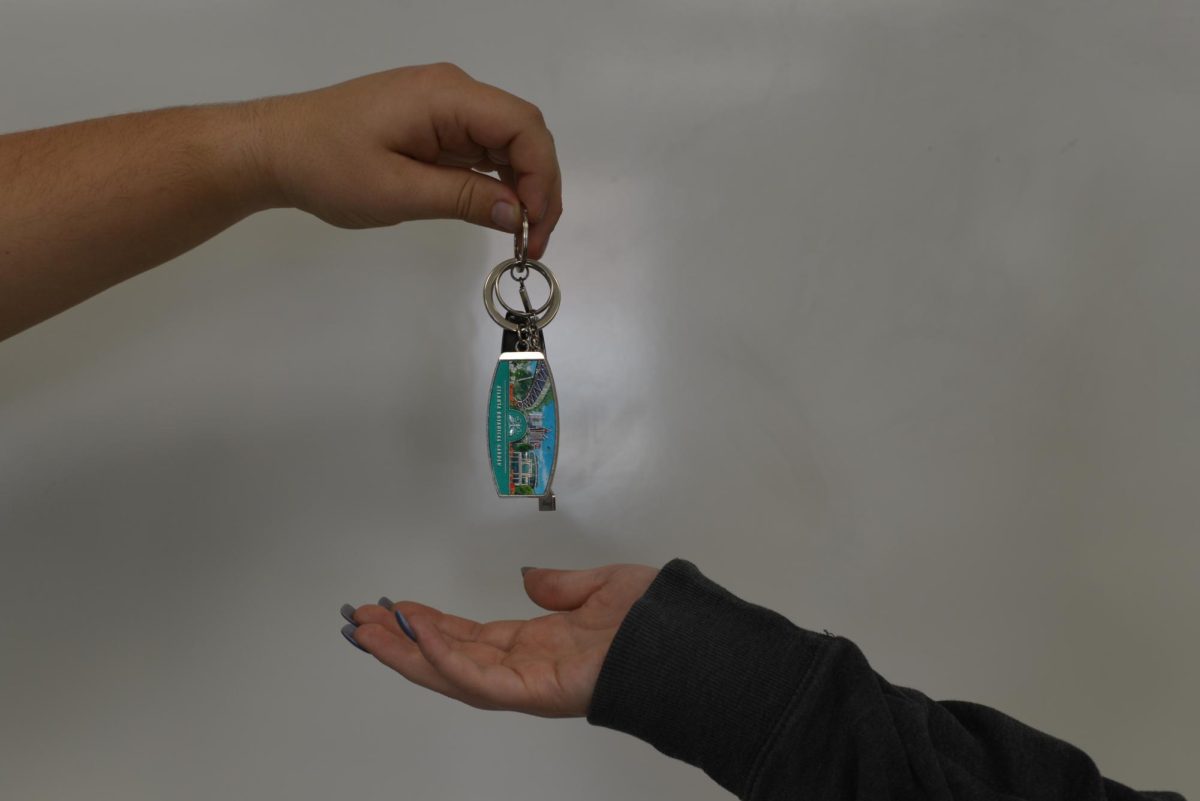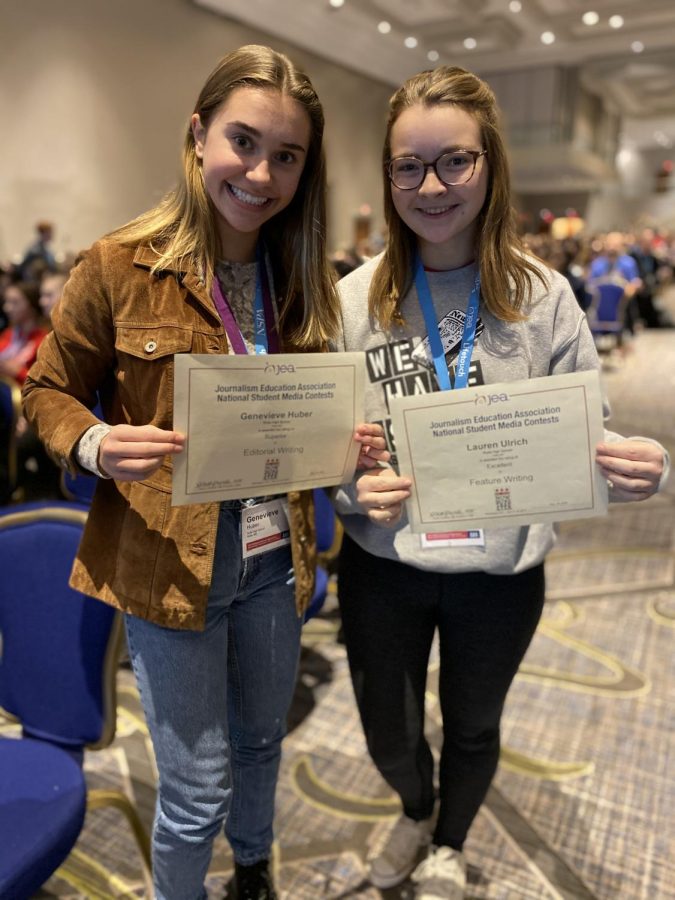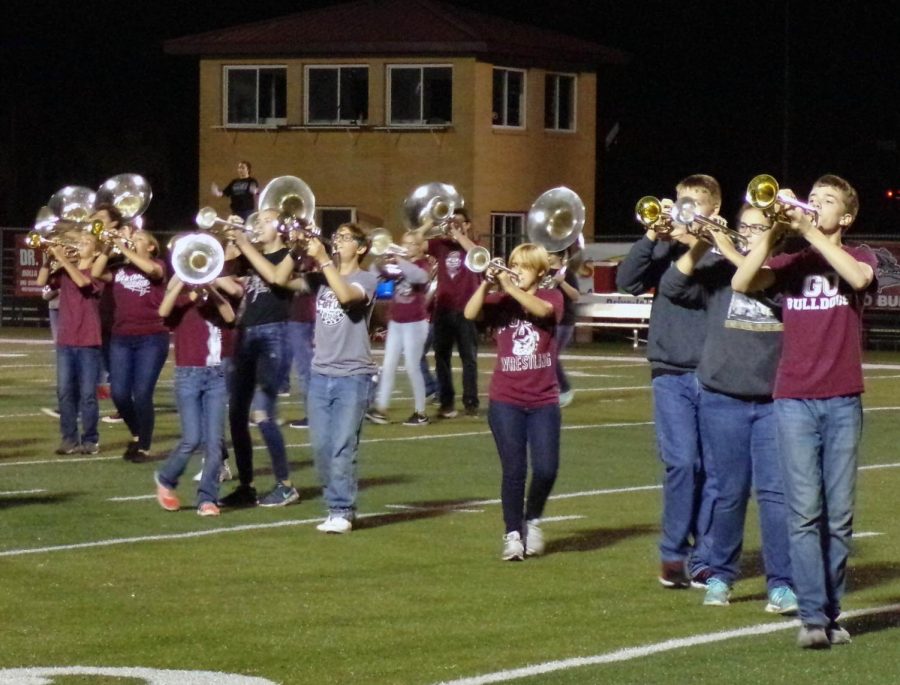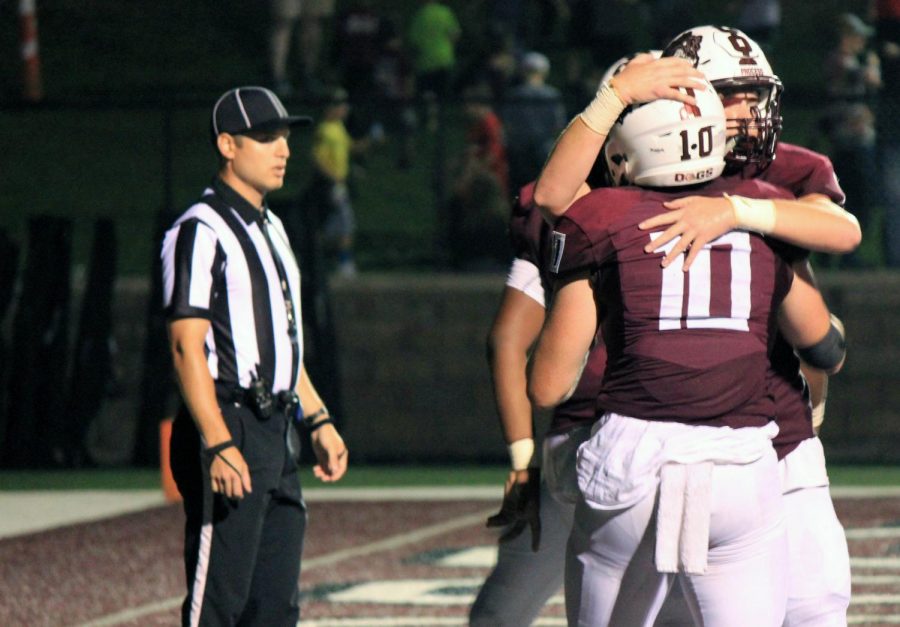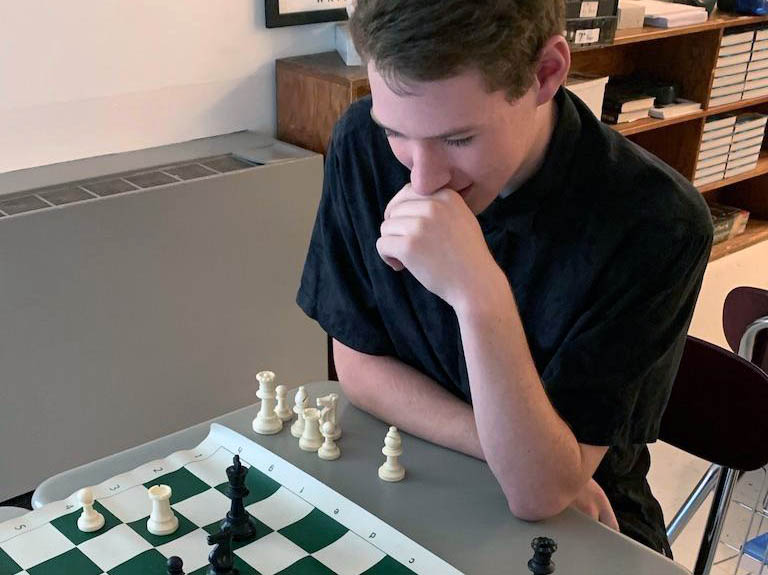At their arrival in Canada, the Engel’s were greeted by the organization that had been in contact with the underground in Berlin. Lina Madison and her family boarded a train in Quebec City, and went west to Calgary, Alberta. Madison’s great aunt and uncle, who were the family’s sponsors, met them.
“The wide open spaces of Canada intrigued me, the huge city of Calgary fascinated me and I became very excited that finally we were free, and for the first time in my life I lived without seeing guns, tanks and soldiers,” Madison said.
Madison and Elsa started school immediately. They attended a small country school where the children soon became a novelty. Even though they did not understand the language, the children found school to be easy. Once they had learned the language, the children were placed in appropriate classes.
When Madison was in fourth grade, her school asked her parents to allow her to skip a grade. By then, the family had moved to a much larger community in Edmonton, Alberta, and Madison was faced with social situations that were difficult for her.
“The tension against the Germans was strong. Again I found myself in the wrong country at the wrong time. I was German in Canada during a time when German refugees were no popular. I soon became ashamed of my nationality, of my history and was embarrassed by my parents because they did not speak the English language fluently as I tried desperately to do…I quickly became known as the little German girl, who rarely had a name,” Madison said.
Even in Canada, Madison could not escape her history. Her family’s view of certain cultures hurt her relationship with a young Russian man whom she wanted to marry at the time.
Despite her wishes, her father, “who was sitting in the kitchen with a glass in his hand, threw it across the room and stated ‘I will have no Russian enter my home!’ With that, I felt compelled to leave Canada and study in the United States instead of at home in Edmonton,” Madison said.
Madison Left Canada and the young Russian boy behind in search of education and a new life.
When Madison came to the United States she found that her nationality did not actually matter.
“People in the United States made me feel welcome, and my husband Don helped me to realize that I should be proud of who I am,” Madison said.
It was after she studied German in college, that she became proud of her heritage and the wealth of knowledge, art, literature and music the German people had to offer to the world.
Madison considers East Germany her home. Her relatives that live there are extremely dear to here and she visits as much as she can. Madison took her daughters with her to Germany when they were young. There they all discovered that nothing had changed since she had lived there as a child.
A couple of years ago, Madison and her sister Elsa visited their birthplace in Poland. They went to city hall to see their birth records and they were amazed to find old hand written books that held their birth records. Then they were introduced to the district attorney, who spoke a little German and English. He took the sisters to Gorbaljehovska, where the family had lived. Madison inquired about the Brojack family, and they were elated to find out that Mrs. Brojack was still alive.
“When we arrived, we saw a hunched back lady supported by a cane, her wrinkled face showing her age of 94. At first I was skeptical that she really knew us. However, when she came to me and said in German as she stroked my cheek, ‘Mein liebes Linchen’, (My little Lina) and to my sister she said, ‘Call me Mamuscha [Mommy].’ My doubts vanished,” Madison said.
Even though the years had aged them all, it did not age the way the sisters felt about Mrs. Brojack.
“Even though her grandchildren were living in a new house, she insisted on living in the house where I was born. We were saddened by the poverty,” Madison said. “We wanted to compensate the attorney for his time. His response was, ‘What I witnessed today with the coming together of opposing cultures and of history in the making and witness love for humanity was payment enough for me.’ We were happy to help Mrs. Brojack financially instead.”
Lina Madison’s story spans over two continents and contains her and her family’s concrete will to survive. The hardships that they faced involved secrecy, language and cultural barriers, resettling multiple times, and led to Madison finding her ultimate home to still be in East Germany. The United States showed Madison a new way of life and helped her embrace her history instead of trying to forget it.
“I am not proud of the atrocities for which the German people were responsible, but I can now say with pride: I am German,” Madison said.



